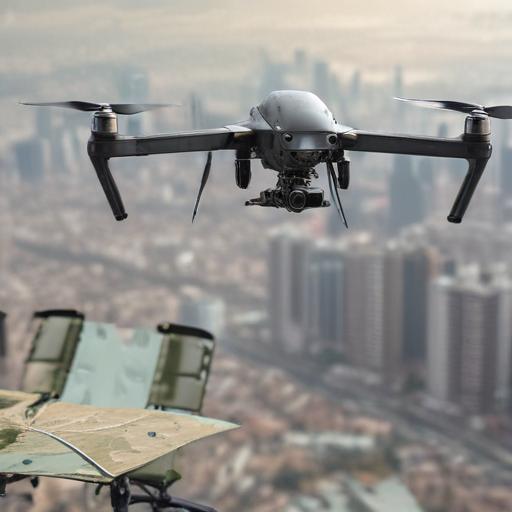Israeli Prime Minister Benjamin Netanyahu has proposed that targeting Iranian Supreme Leader Ayatollah Ali Khamenei may be a strategy to bring an end to the recent war that began following Israel’s airstrikes on Iran last week. In an interview with ABC News, Netanyahu expressed confidence in this approach, stating, “We are doing what we need to do. It’s not going to escalate the conflict, it’s going to end the conflict.” This statement follows his earlier comments over the weekend, where he indicated that Israel’s military actions “could certainly” lead to a shift in Iran’s leadership.
These developments coincide with remarks from President Donald Trump, who suggested that the ongoing conflict might be entering a new phase. After the G7 summit in Alberta, Canada, Trump returned to Washington for discussions with key military advisors, highlighting the urgency of the situation.
The backdrop of this escalating tension involves not only military actions but also significant geopolitical implications, as shifts in leadership could alter the power dynamics in the region. As the situation evolves, it is crucial for global leaders to pursue diplomatic avenues to mitigate further conflict and promote stability.
This context of heightened military operations and political maneuvering serves as a stark reminder of the complexities involved in international relations and the importance of dialogue in resolving conflicts peacefully.
